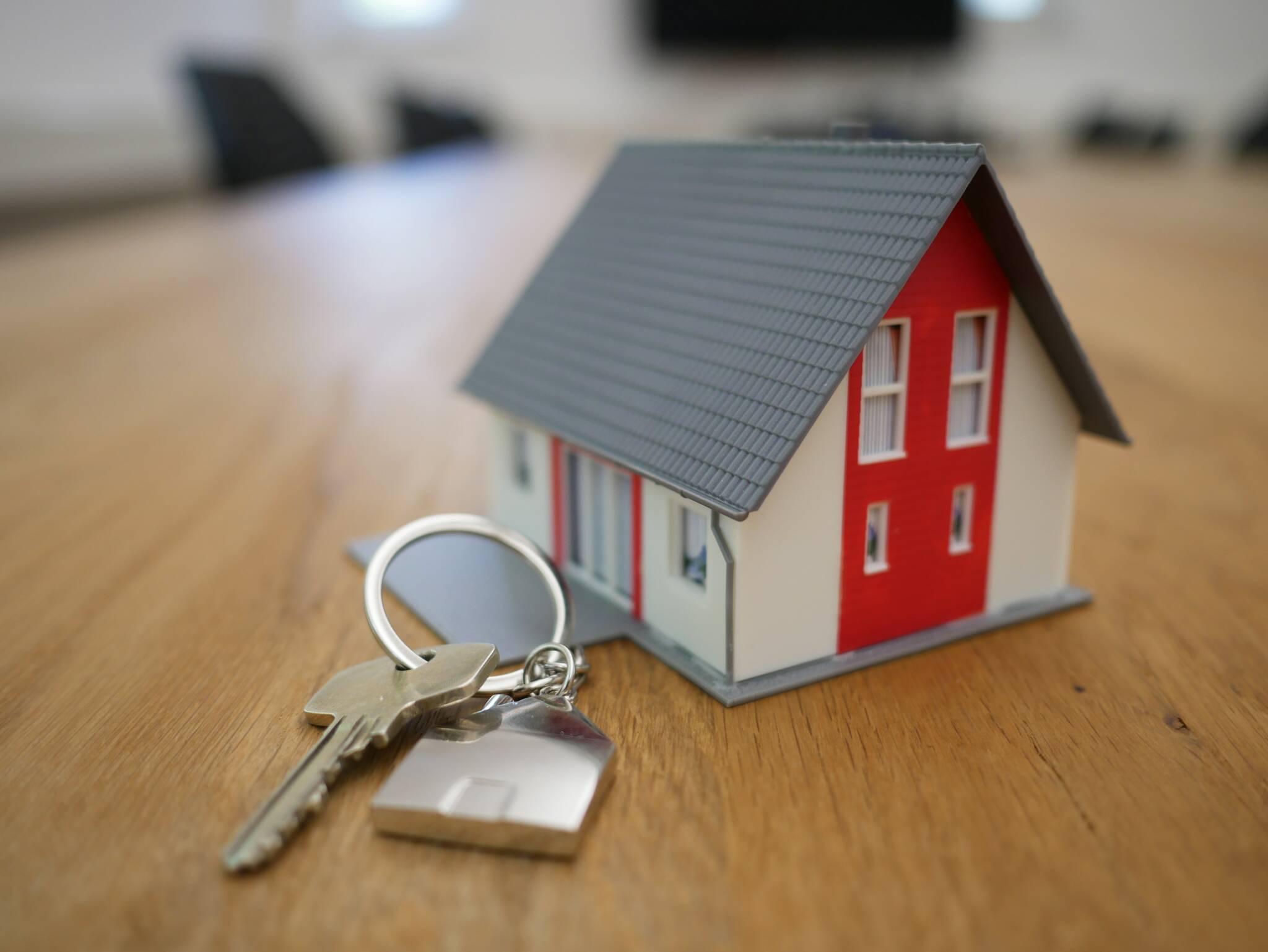By Kathryn Wheeler
Sounder contributor
On Oct. 3, the San Juan County Assessor’s Office released its yearly “change of value notices” to county property owners. A change of value notice is sent out when a property has been assessed as being higher or lower than the previous year’s value, based on the county’s assessment team. This year, 17,000 change of value notices were sent out to residents, a rise of 2.000 from last year.
Property values have long been a discussion on San Juan Island, where a common sentiment expressed is the high cost of housing. It is widely acknowledged that housing costs have been on a steady rise in the county, due to the increased popularity of the islands as a place to live.
Revaluations of every property in the county, based on market value, are conducted each year, while physical inspections occur in different tax districts every six years. This year’s inspection cycle included 2,782 properties in the central areas of the Town of Friday Harbor, and Brown and Dinner islands, including inspections of 762 newly constructed parcels.
According to the San Juan County assessor’s website, “The total assessed value for San Juan County is $12.500 billion, including $129 million in new construction value. The assessed value increased $2,735 million over last year.” While this may seem like a significant change, John Kulseth, Chief Assessor for the county, explained that the increase in value notices is actually not significantly different from recent years, or cause for concern.
“Valuation can be a tricky process,” Kulseth explained. “People are arguing about our opinion of value for their property,” he continued, “People that are not trying to buy think they were too high, people that are trying to sell think they’re too low.”
Assessment can feel personal to many, causing arguments with the assessor’s office and appeals. Homeowners may appeal the change of value notice formally within thirty days of receiving it in early October. When this happens, Kulseth will go over the numbers, and, according to him, “Make sure our records are correct and make sure the inspector was accurate and there haven’t been changes from the last inspection.” He emphasized that while it’s difficult when he encounters an angry resident, “It’s a good and necessary part of the due process.” Kulseth wants to make it clear that, “The thing that is important to remember with those notices is that it is an objective process, we are trying to reflect the market”
Kulseth explained that there are common misunderstandings regarding change of value notices. Often people believe that if property values fluctuate, so will property taxes. When asked about this, Kulseth admitted that it is a really tough question to answer. What drives taxes is the budget of the tax districts, he said, not value assessments.
According to the website for the Department of Revenue for Washington State, property taxes are limited to a 1% rise per year, unless residents vote yes on proposed bills that cause it to rise. This 1% property tax is levied by “the state, counties, cities, schools, and several other ‘junior’ taxing districts such as fire districts and hospitals.” The annual tax statement residents receive in February breaks down these levies by district, with each district applying a specific rate, which are added together to determine how much property tax a resident will pay.
While the state has a strict 1% property tax per taxing district, it doesn’t necessarily apply to taxation on an individual home. Rates on individual homes depend on a property’s assessed value in relation to the value of other properties in their taxing district, not in the county as a whole. If a property rises significantly in a year—often associated with home improvements—then their property taxes are likely to go up that year.
Assessors use data from the previous year’s sales, which means it reflects the market from the prior year, not the current. While it won’t be clear how property taxes will fluctuate until they are calculated in January, Kulseth can state one thing for certain: “People are just paying a lot of money for property around here.”
Kulseth has claimed to witness local bidding wars, escalation clauses, and general market volatility in the past few years. Some of this he can attribute to the influx of remote workers due to the pandemic, and some to general rising costs of property ownership nationally. The changing market has a number of contributing factors, just like taxation, many of which can be hard to understand, especially for the common citizen.
As a property owner himself, Kulseth empathizes with citizens. “People’s taxes going up is difficult for all of us,” he stated, adding that “I would be in the line of people that says [the system is] not working very well.” While the legislature is currently trying to figure out a better way to fund government services, not just through property taxes, the system stands with no signs of changing any time soon.
Despite the confusion and stress that the system can elicit, Kulseth believes that “The real estate market is generally a good investment and does tend to go up year after year.”
In these times of instability, “I was elected to follow the laws and I think that we’re doing a good job doing that,” Kulseth assured. “I keep telling myself to come in here and do as fair and honest a job as I possibly can.”
To learn more about how property taxes are calculated, visit the Department for Revenue in Washington State. Senior citizens, non-profits, homeowners with limited income, widowers of a veteran, or those experiencing a disability may be eligible for a tax exemption or referral. All of the above information can be found at https://dor.wa.gov. To speak to someone about the process, email the San Juan County assessor’s office at Assessor@sanjuanco.com or call 360-378-2172



